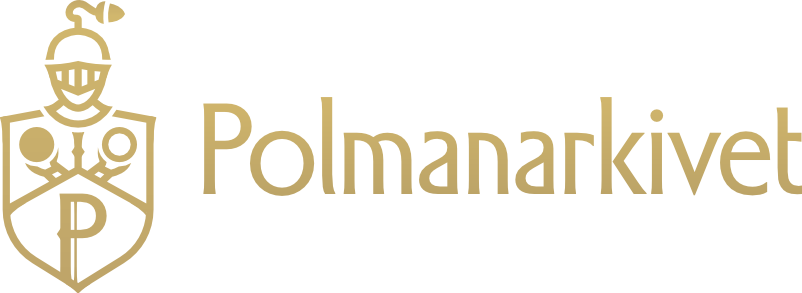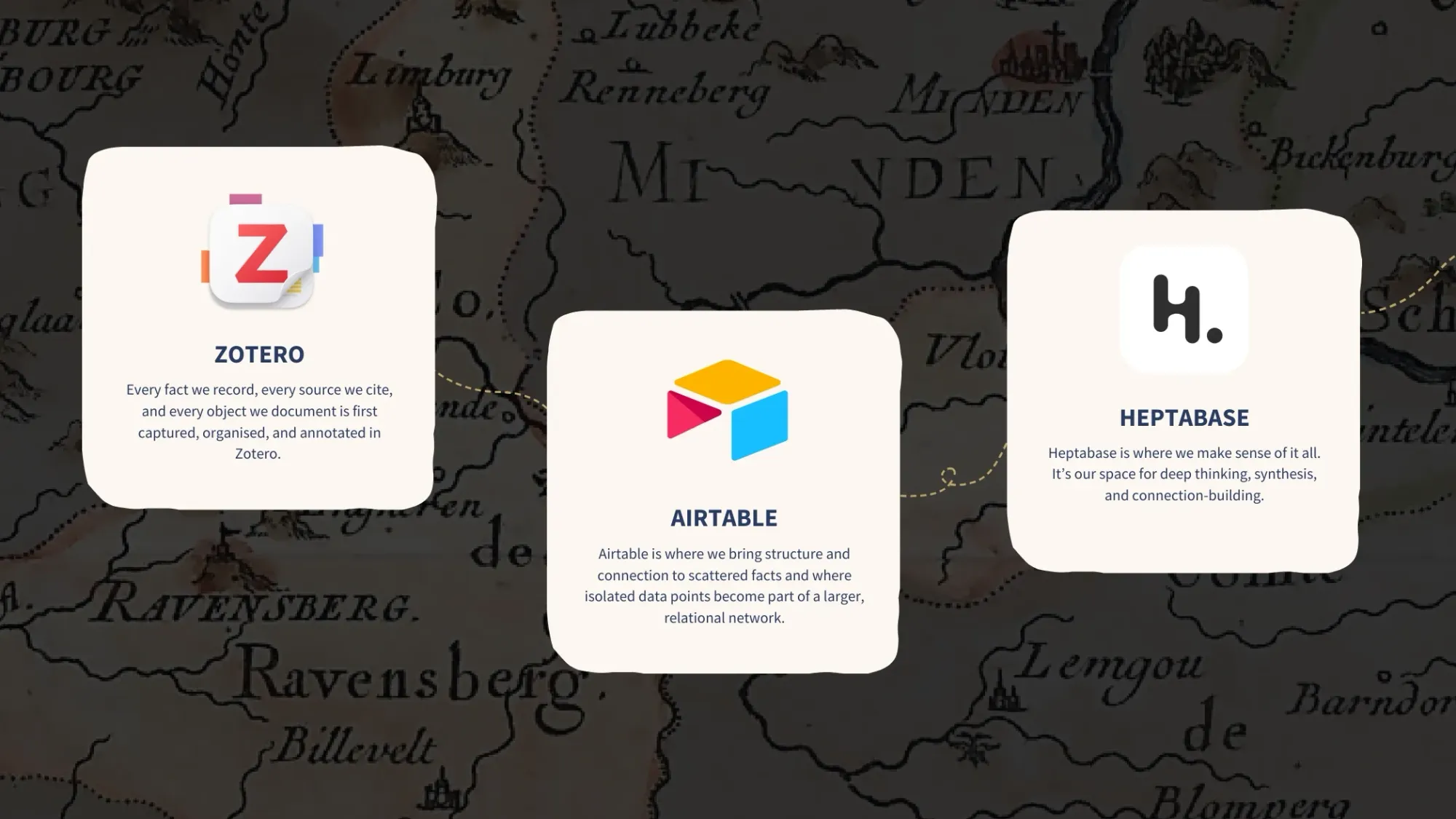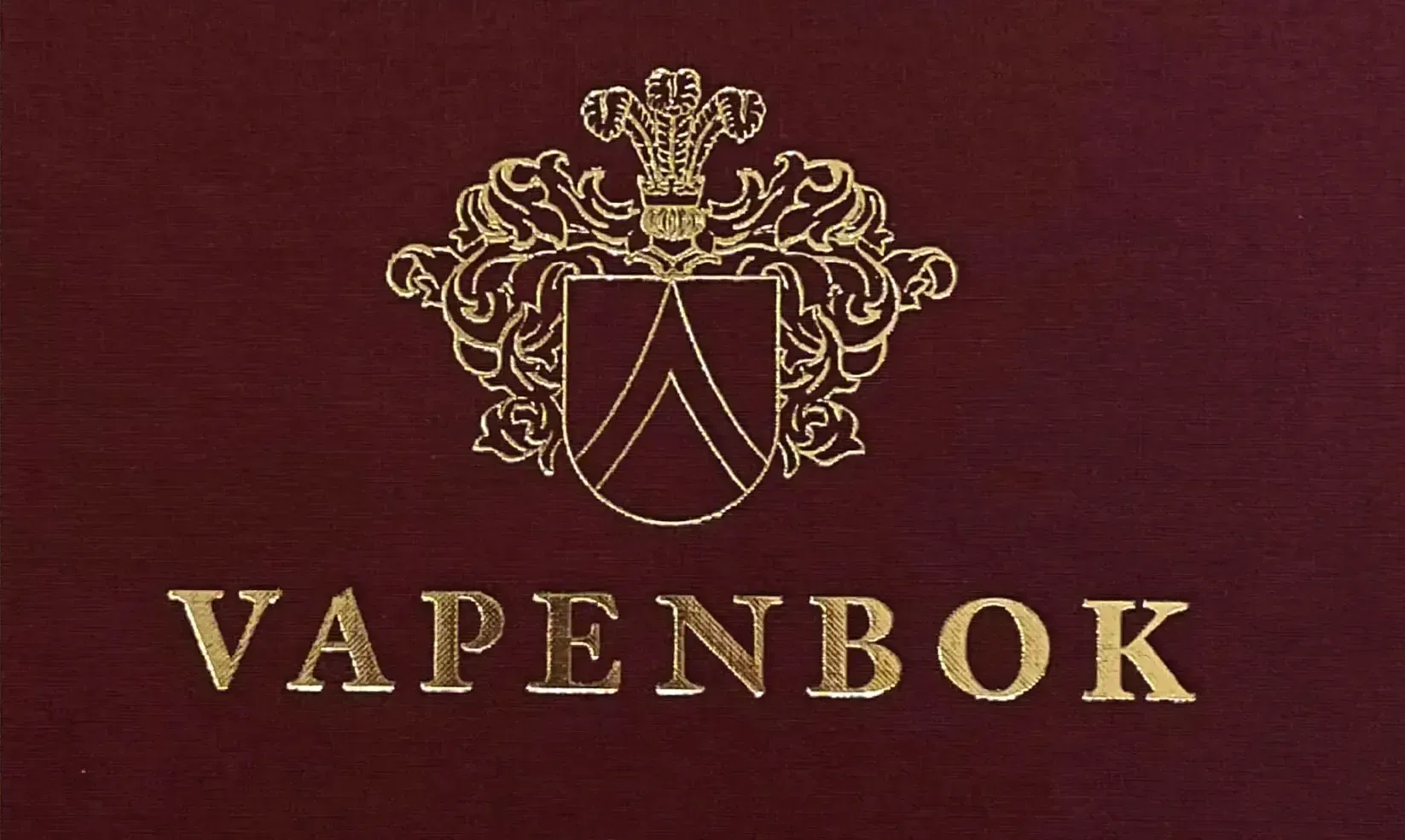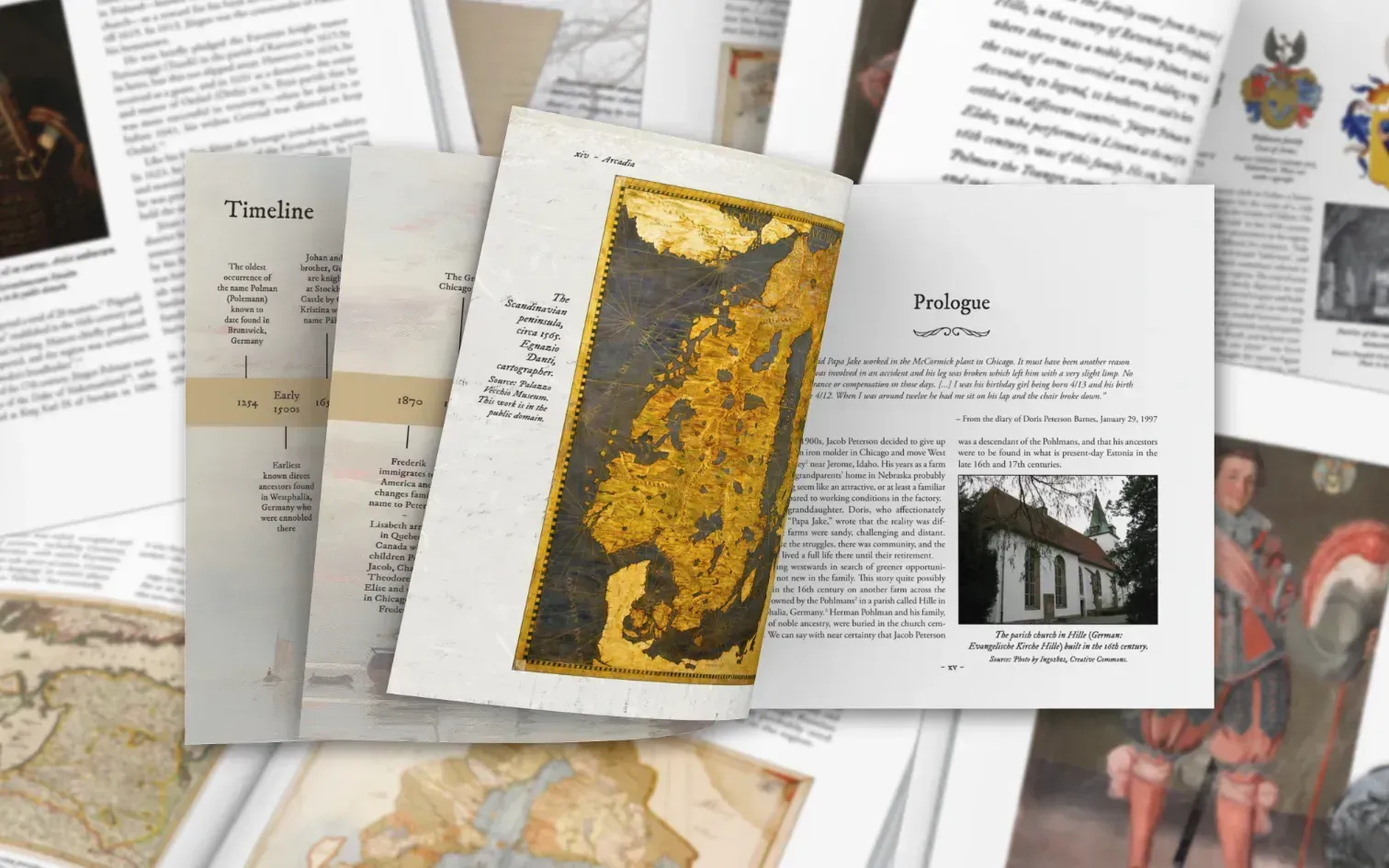When speaking with other history enthusiasts or researchers, there’s a nostalgic reaction to analog tools. We spend so much time on our screens that there is almost a yearning for the days of traveling to a dusty archive somewhere, armed with nothing but your favourite notebook or pen. I’ve also been swept up in this. Once I was so disillusioned by digital task management apps with promises of increased productivity that I bought Analog, a physical to-do list from Ugmonk that helps you focus on your most important work. It’s still one of my favourite analog tools.
But like it or not, we’re living in a digital age with screens of every size. More and more archives and libraries are digitising their collections, making it more accessible than ever to find information. When used thoughtfully, digital tools can help you find records easily, capture your ideas, organize sources, and disseminate your research.
With so many resources and tools available, and with so much information at our fingertips electronically, it can almost be overwhelming.
Where do you even start?
I’ll show you exactly the digital tools that have helped me collect 300-plus literature references, build a digital museum with 10,000-plus views, and write a 300-page family history book all in under three years, as a side-researcher no less, so you can benefit from them too.
These are the top digital tools that every historian or researcher should know about to make life simpler, no matter your stage in the research journey.





